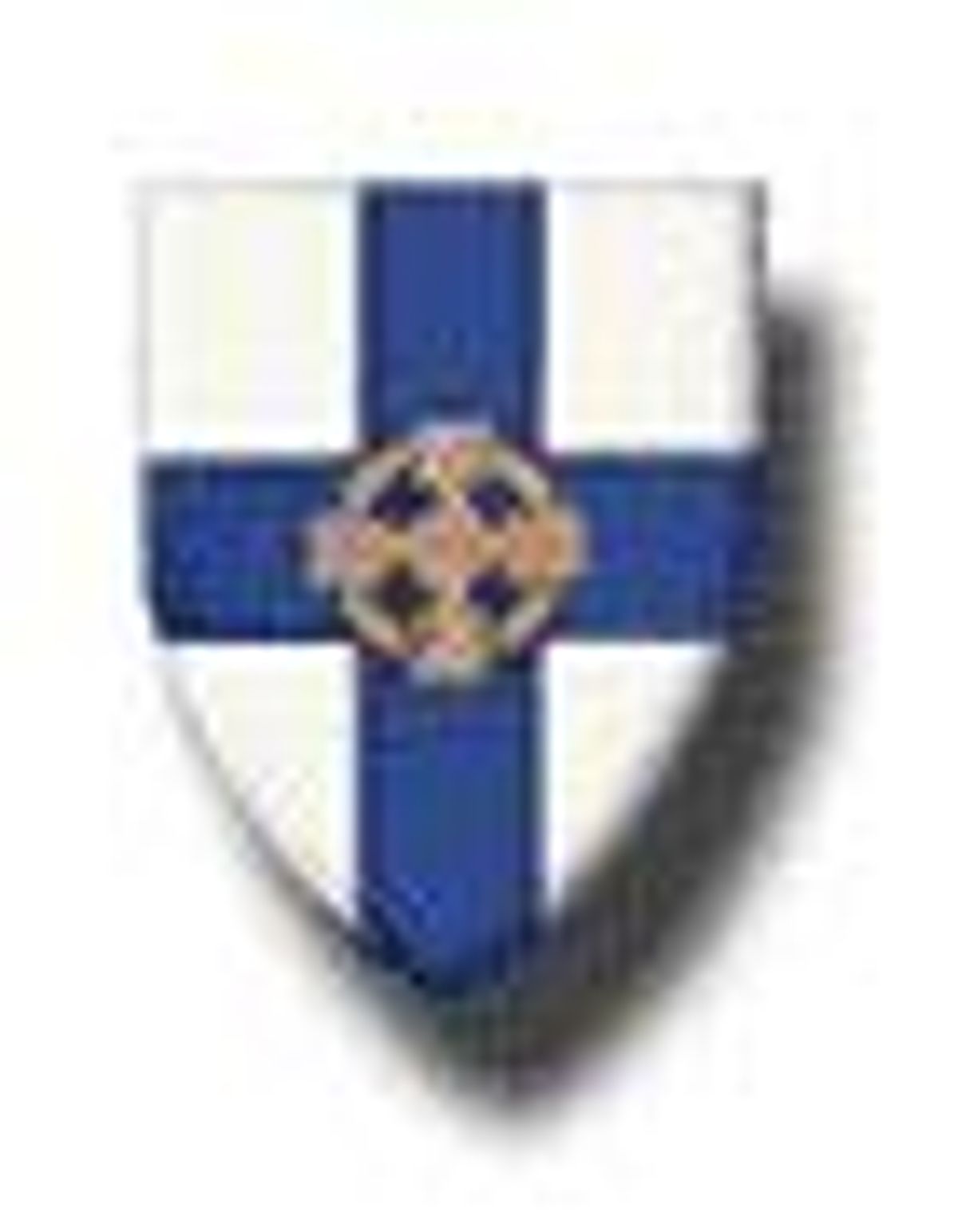Anglican bishops
from the United States and Canada gathered in England on
Tuesday to brief a top church body regarding their stance on
homosexuality--an issue that threatens to split the 77
million-strong global communion.
Archbishop of Canterbury Rowan Williams
acknowledged Monday that the U.S. church's appointment
of an openly gay bishop and the Canadian wing's
support for the blessing of same-sex unions had caused
"outrage and hurt" among many Anglicans. Meeting in
Northern Ireland in February, leaders of the 38
national Anglican churches asked the U.S. Episcopal
Church and the Anglican Church of Canada to sit out this
week's meeting of the Anglican Consultative Council,
an international body of bishops, priests, and lay
people that meets every three years. But Anglican
leaders also asked the North American churches to send
representatives to the meeting, which is taking
place in the central city of Nottingham, to
explain their views on homosexuality, which official
church policy calls "incompatible with Scripture."
Addressing the Nottingham gathering Monday,
Williams acknowledged how deeply the issue had split
Anglicans. "We can't ignore the seriousness of what
divides us," he said. "But if there is no easy
solution, and there is not, we can at least think about this
simple suggestion. If it is difficult for us to stand
together at the Lord's Table as we might wish, can we
continue to be friends?"
That may prove difficult. The issue of
homosexuality has opened a rift between Anglican
liberals--many of them in North America--and
conservatives, who are strongest in Africa and Asia. Many
fear it is unbridgeable. The bishops' February
communique said Anglican teaching on sexuality had
"been seriously undermined by the recent developments
in North America." A 1998 resolution adopted by all Anglican
bishops declared that gay sex was "incompatible with
Scripture" and opposed gay ordinations and same-sex blessings.
The U.S. and Canadian churches have been asked
to explain the theological reasoning behind the
consecration of V. Gene Robinson as bishop of New
Hampshire and the decision by the western Canadian diocese
of New Westminster to authorize the blessing of
same-sex unions. The six-member U.S. presentation team
includes one bishop who voted against Robinson's
ordination, Charles Jenkins, and another who backed him
after expressing doubts, Neil Alexander.
In a letter issued to U.S. bishops on Friday,
presiding bishop Frank Griswold--head of the
Episcopal Church--said the delegation "indicates
that those of differing points of view can live with mutual
affection and make common cause in the service of
Christ's mission." But the conservative American
Anglican Council said the composition of the group
"represent a revisionist theology and radical wing of the
Episcopal Church."
Such talks pose problems for Williams, a social
liberal who has criticized homophobia in the church.
He said the official line against homosexuality does
not mean "there are no issues to be resolved, no
prejudice to be repented of, because there unquestionably is
much of this."Unifiers fear conservatives will set up
parallel structures to bypass the church hierarchy,
leading to a permanent split. In the U.S. Episcopal
Church, for example, a group of conservative bishops led by
Bishop Robert Duncan of Pittsburgh has formed a "network"
insisting that the church affirm traditional teaching
against same-sex relationships. It could wrestle with
church leaders for control of parishes and dioceses
and has gained support from church leaders in Africa,
Asia, and Latin America. (AP)















































































